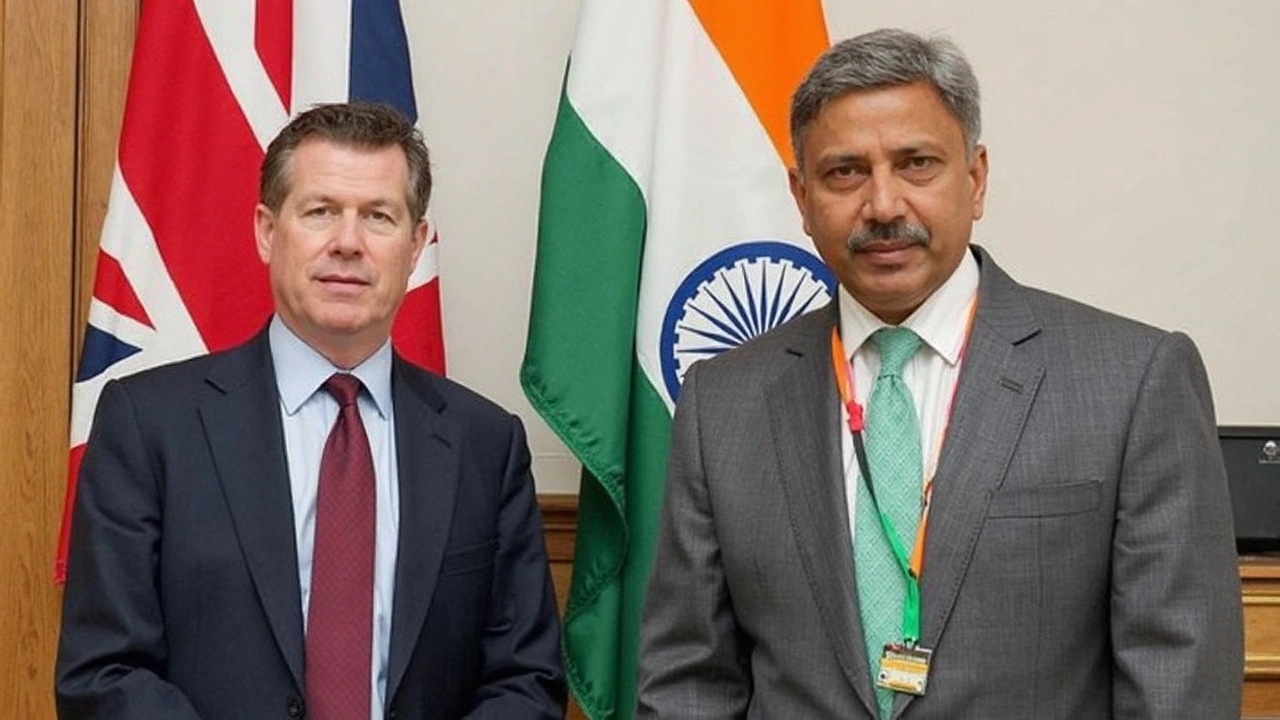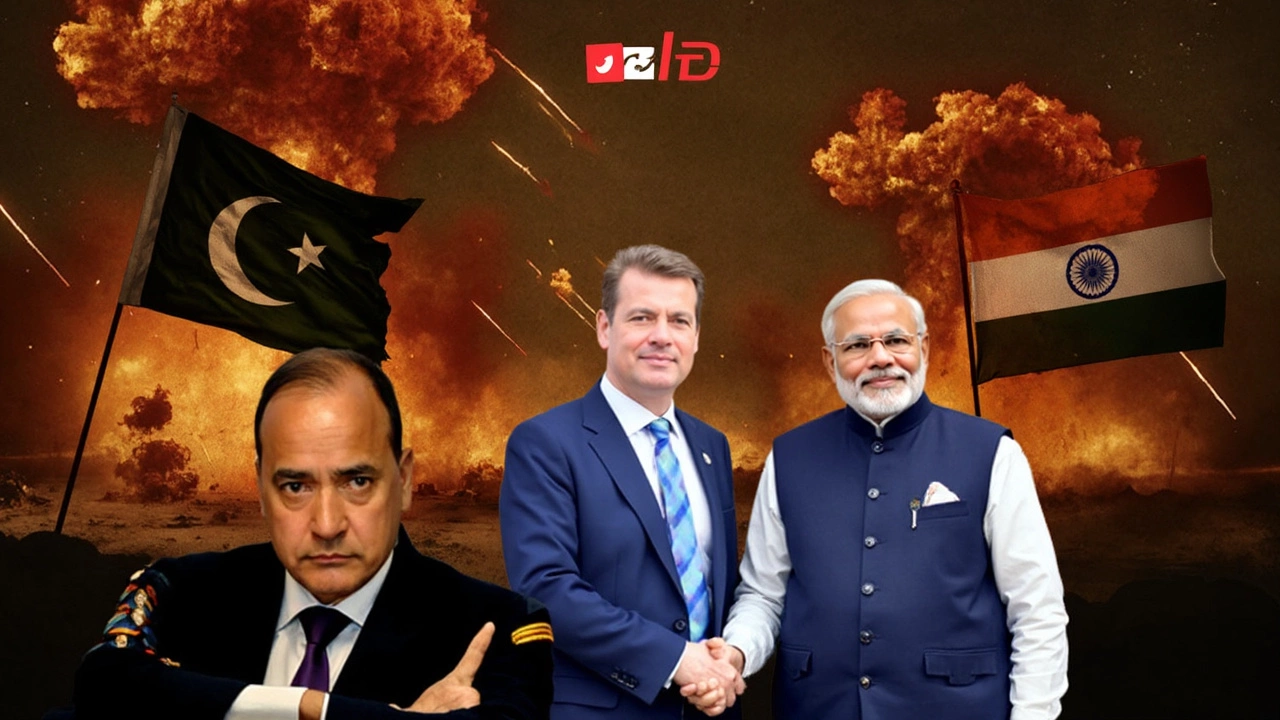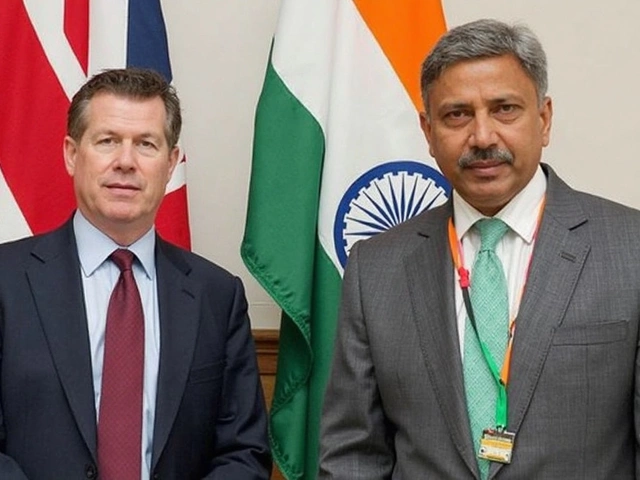India-UK FTA Talks Set to Resume: Leaders Aim for $120 Billion Trade Target

India and UK Gear Up for Game-Changing Trade Talks
For months now, everyone from business leaders to factory owners has watched the India-UK FTA negotiations stall on the side-lines. That’s about to change. From February 24, 2025, both nations are jumping back into talks, hoping to ink a trade deal that could reshape how business flows between them. Big names are flying in too—Commerce Minister Piyush Goyal leads the Indian side, while the UK’s Secretary of State for Business, Jonathan Reynolds, is heading over to Delhi with other top British ministers.
This isn’t just another diplomatic photo-op. The buzz began after Prime Minister Narendra Modi and the UK’s new leader, Keir Starmer, chatted during the G-20 Summit out in Rio in November 2024. Now, they’re betting on rockets: aiming to double their bilateral trade to $120 billion by 2030. That’s a massive leap, made possible by cutting through red tape and giving each other better access to important markets.

Cutting Tariffs, Streamlining Customs, and Real Change for Workers
So, what’s actually on the negotiating table? The new pact puts the spotlight on advanced manufacturing, clean energy, and life sciences—sectors both countries are banking on for the future. But it’s not just about big business. Everyday consumers could notice changes, too. Ever wondered why a bottle of Scotch whisky costs so much here? Or why UK lamb rarely appears in your local market? The deal could mean lower tariffs on these, along with medical devices that fill Indian hospitals.
There's more. The talks are set to introduce easier customs procedures, hoping to make importing and exporting way less of a headache. Then there’s digital trade—a key piece, especially with e-commerce exploding on both sides. By settling on uniform rules here, businesses should find it smoother to sell, buy, and move digital goods and services.
But one point stands out for the thousands of Indians who work in the UK. The ‘double contribution convention’ is on the agenda. Right now, some workers have to contribute to social security in both countries, often paying through the nose for benefits they won’t ever use at home. This new arrangement aims to let workers contribute just once, saving real money and motivating more talent to cross borders legally and with confidence.
- India-UK FTA talks will address advanced manufacturing, clean energy, and life sciences.
- UK wants lower tariffs for goods like Scotch whisky and lamb; Indian negotiators eye more access for goods and services.
- Digital trade commitments could turbocharge online business, creating opportunities for start-ups and established firms alike.
- The ‘double contribution convention’ would stop Indians in the UK from paying social security in both places, helping workers and employers alike.
All eyes are now on Delhi to see if two governments—often on different pages—can get their teams to compromise and clinch a deal. Success won’t just mean cheaper Scotch and easier exports. It’ll signal that India and the UK are ready to double down on a shared economic future, even as the world’s trade winds grow more unpredictable.

